As hostilities continue in Ukraine, Russian troops commit more and more war crimes against civilians. Most of the crimes, for example rape, murder and robbery, echoed the crimes committed by the Wagner group members in the Central African Republic and Libya.
The general nature of the crimes committed by Russians in the war zone indicates to the low morale of the military and high deviance of the Russian military personnel’s behavior in general.
An analysis of Russians’ behavior in Ukraine and other regions confirms moral decay of Russian society as a whole and obsession to demonstrate its dominance and power. Such a state of things is conditioned by cultural characteristics of the interaction of Russian society with the authorities, the habit to live in an authoritarian society and suppress the individual in Russia.
Low level of training, motivation and discipline in the Russian army is compensated by its command’s permission to commit war crimes. In such a way it encourages the military to hold the assigned positions in strategic settlements rather than make them desert.
Looting is one of the key characteristics of Russians’ behavior in Ukraine. In order to keep the military motivated enough to hold the positions, the army command ‘gave a green light’ to robberies and looting. Radio interceptions show that Russian soldiers discuss specific stolen things and goods with their relatives and friends with the prospect to bring them from Ukraine. According to these interceptions, jewelry, appliances and even clothes are in great demand. While searching a Russian serviceman (D.Tsibenko), Ukrainian soldiers found a lot of jewelry stolen from the houses in the suburbs of Kyiv. In one of the intercepted telephone conversations, a Russian soldier asks his mother if she needs some silverware.
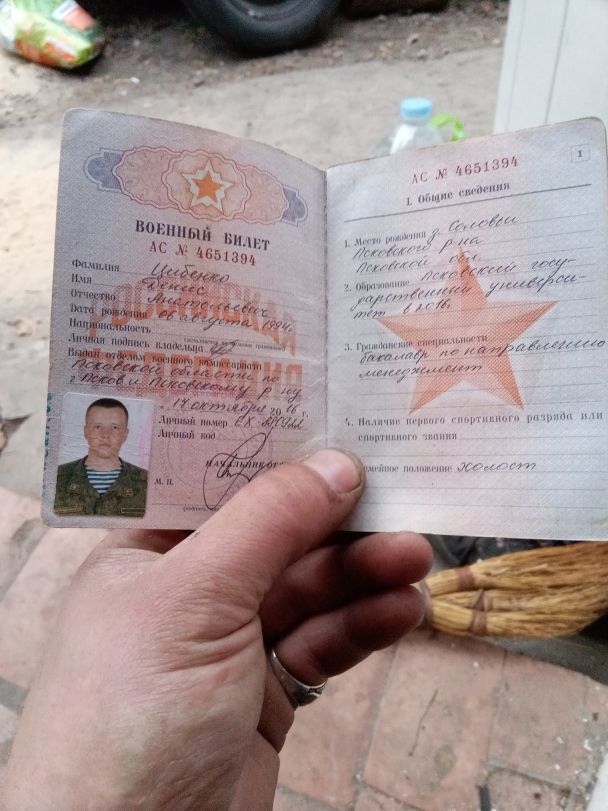
Analyzing available data it becomes obvious that wives and mothers of Russian soldiers support looting and feel absolutely calm hearing about committed serious war crimes.
The state authorities were appealed by a 33-year-old Ukrainian woman saying that drunken Russian soldiers shot her husband in the front yard of a house near the village of Shevchenkove, Kyiv region, and then raped her for several hours in a row. Her 4-year-old son was hiding in the boiler room at that time. One of the Russian soldiers was Mikhail Romanov.

In the occupied part of Mariupol, Russian servicemen took turns at raping a woman for several days in front of her six-year-old son. She died from wounds.
Taras Vyazovchenko, a deputy of the city council of Irpen in the Kiev region, among the victims are girls, starting from the age of 12.
In occupied Kherson Russian soldiers raped and killed a 17-year-old resident of the city. In Kyiv region the Russians tortured, raped and killed two women, one of them was a doctor and the other one was PhD. In one of the telephone conversations intercepted by Ukrainian counterintelligence, a Russian soldier mentioned a 16-year-old Ukrainian woman raped by Russian tankers. The Ukrainian Ministry of Internal Affairs claims dozens of such war crimes, but admits that because of the continued occupation of some settlements and unburied bodies of the victims all these crimes are difficult to document.
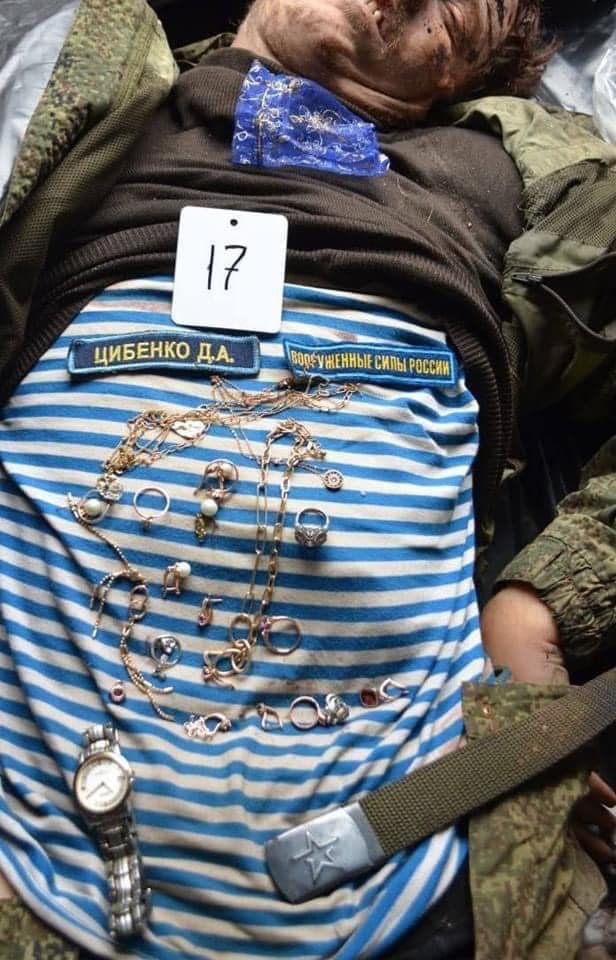
In the liberated territories there were facts of the murdered locals whom the Russians had tortured. For example, in Trostyanets (Sumy region) the found bodies had bullet wounds and the hands were tied behind their backs. In the southern regions, especially Zaporizhzhia region, Chechen units kidnap local businessmen and demand money, cars, valuables, and alcohol. Alcohol searches sound quite strange as the Chechen National Guard soldiers claim that they are Muslims and follow religious customs. However, practically these units demonstrate a lack of combat experience, they are used only for staging scenes for Russian propaganda and demonstratively in the interests of Ramzan Kadyrov, the head of Chechnya, who seeks to improve his image in the Kremlin. At the same time, the Chechens fighting in the war on the Russians’ side try to avoid any military clashes with the Ukrainian army.

Read also: Russians increasingly mixed up in war crimes


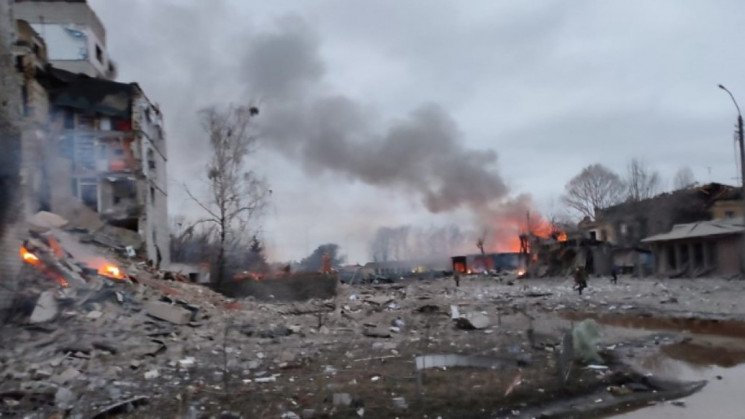
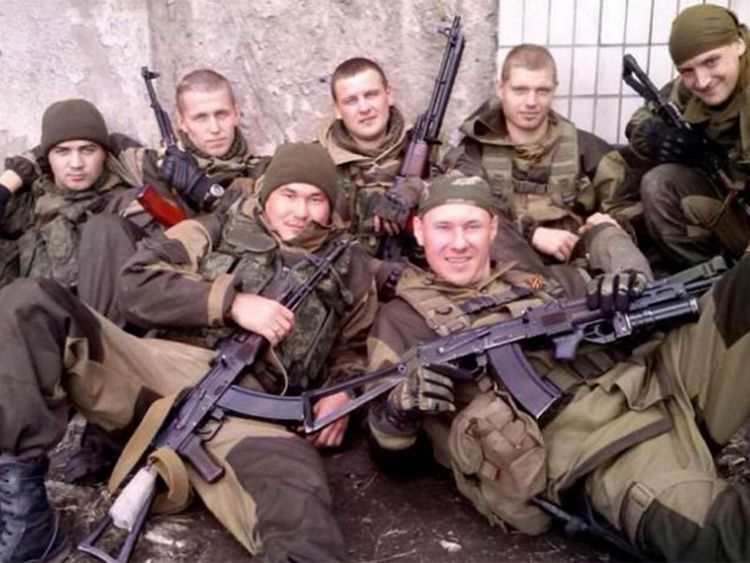
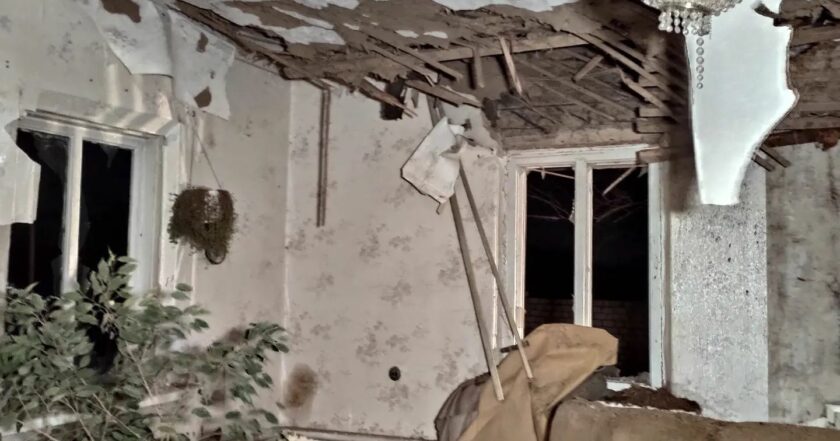
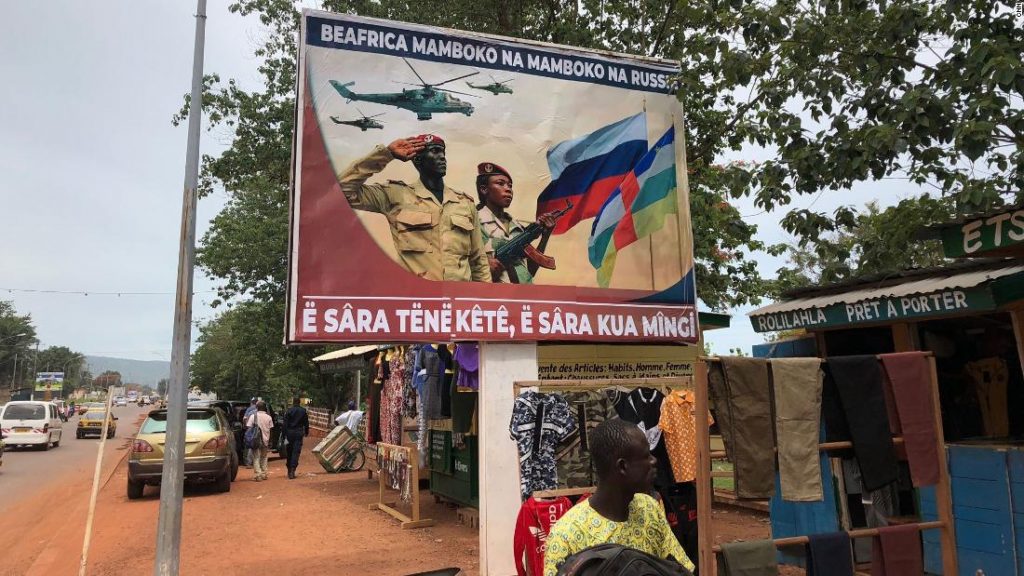


Pingback: War crimes to reflect the essence of Russians - Robert Lansing Institute